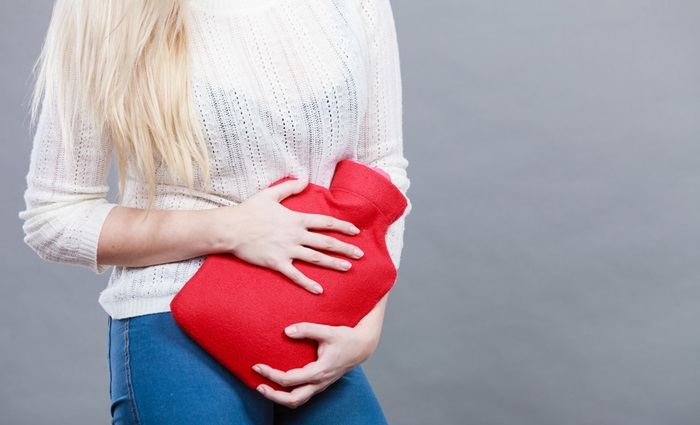What is Menopause?
Menopause is defined as the absence of menstrual periods for 12 consecutive months. It occurs due to a decrease in the production of the hormones estrogen and progesterone by the ovaries. As the ovarian function declines, the menstrual cycle becomes irregular, and eventually, periods stop altogether.
Perimenopause: Before menopause, women typically experience a phase called perimenopause. This can begin several years before the final menstrual period and is characterized by hormonal fluctuations. During perimenopause, menstrual cycles may become shorter or longer, and the flow may be lighter or heavier. Women may also experience symptoms such as hot flashes, night sweats, mood swings, and changes in sleep patterns.
Average Age of Menopause
Typical Range The average age at which menopause occurs in Western countries is around 51 years old. However, it can happen anywhere between the ages of 45 and 55 for the majority of women. In some cases, menopause may occur earlier, known as premature menopause, which is defined as the cessation of menstruation before the age of 40.
Genetic Influence Genetics plays a significant role in determining the age of menopause. If a woman’s mother or sisters experienced menopause at a particular age, she is more likely to have a similar timing. For example, if a woman’s mother had menopause at 48, she may also have an increased chance of going through menopause around the same age.
Factors Affecting the Age of Menopause
Lifestyle Factors
Smoking: Smoking has been linked to an earlier onset of menopause. Chemicals in cigarettes can accelerate the loss of ovarian function. Women who smoke may experience menopause up to two years earlier than non – smokers. For example, a woman who smokes a pack a day from her twenties may enter menopause in her late 40s, while a non – smoker might reach menopause in her early 50s.
Nutrition: A diet lacking in essential nutrients can potentially affect the age of menopause. Adequate intake of calcium, vitamin D, and other vitamins and minerals is important for maintaining ovarian health. Poor nutrition may lead to a slightly earlier menopause, while a well – balanced diet can support the normal hormonal function of the ovaries and potentially delay menopause.
Physical Activity: Regular exercise can have a positive impact on hormonal health. Women who are physically active may have a more regular menstrual cycle and potentially a later menopause. Exercise helps in maintaining a healthy body weight and reduces stress, both of which can influence ovarian function. For instance, a woman who engages in aerobic exercise like running or swimming three to five times a week may have a more stable hormonal environment and a later menopause compared to a sedentary woman.
Medical Conditions and Treatments
Autoimmune Disorders: Conditions such as rheumatoid arthritis or lupus can affect the ovaries and lead to an earlier menopause. The body’s immune system may attack the ovarian tissue, causing damage and a premature decline in ovarian function.
Cancer Treatments: Chemotherapy and radiation therapy used to treat cancer can have a significant impact on the ovaries. These treatments can damage the eggs and ovarian tissue, leading to early menopause. For example, a young woman undergoing chemotherapy for breast cancer may experience menopause as a side effect of the treatment.
Implications of Early or Late Menopause
Early Menopause Premature menopause can have several implications. Women who experience early menopause have an increased risk of osteoporosis due to the sudden decrease in estrogen. Estrogen is crucial for maintaining bone density. They may also have a higher risk of heart disease and other age – related health problems earlier in life. Additionally, the psychological impact of early menopause, such as dealing with the loss of fertility and hormonal changes at a younger age, can be significant.
Late Menopause While a later menopause may seem beneficial in terms of a longer reproductive lifespan, it also has its own set of concerns. Women who have a later menopause have a slightly increased risk of breast and ovarian cancer. The longer exposure to estrogen and progesterone hormones is thought to contribute to this increased risk.
Conclusion
The age at which a woman’s period stops can vary depending on multiple factors. Understanding the factors that influence the age of menopause and being aware of the implications of early or late menopause can help women better prepare for this significant life transition. Regular check – ups with a healthcare provider, maintaining a healthy lifestyle, and being informed about family history are all important aspects of managing the menopause transition and its associated health risks.
Related topics
Abnormal Menstrual Periods: Symptoms, Causes & Treatment
Can Depression Cause Delayed Periods?
Incubation Period of Shingles: What You Need to Know


